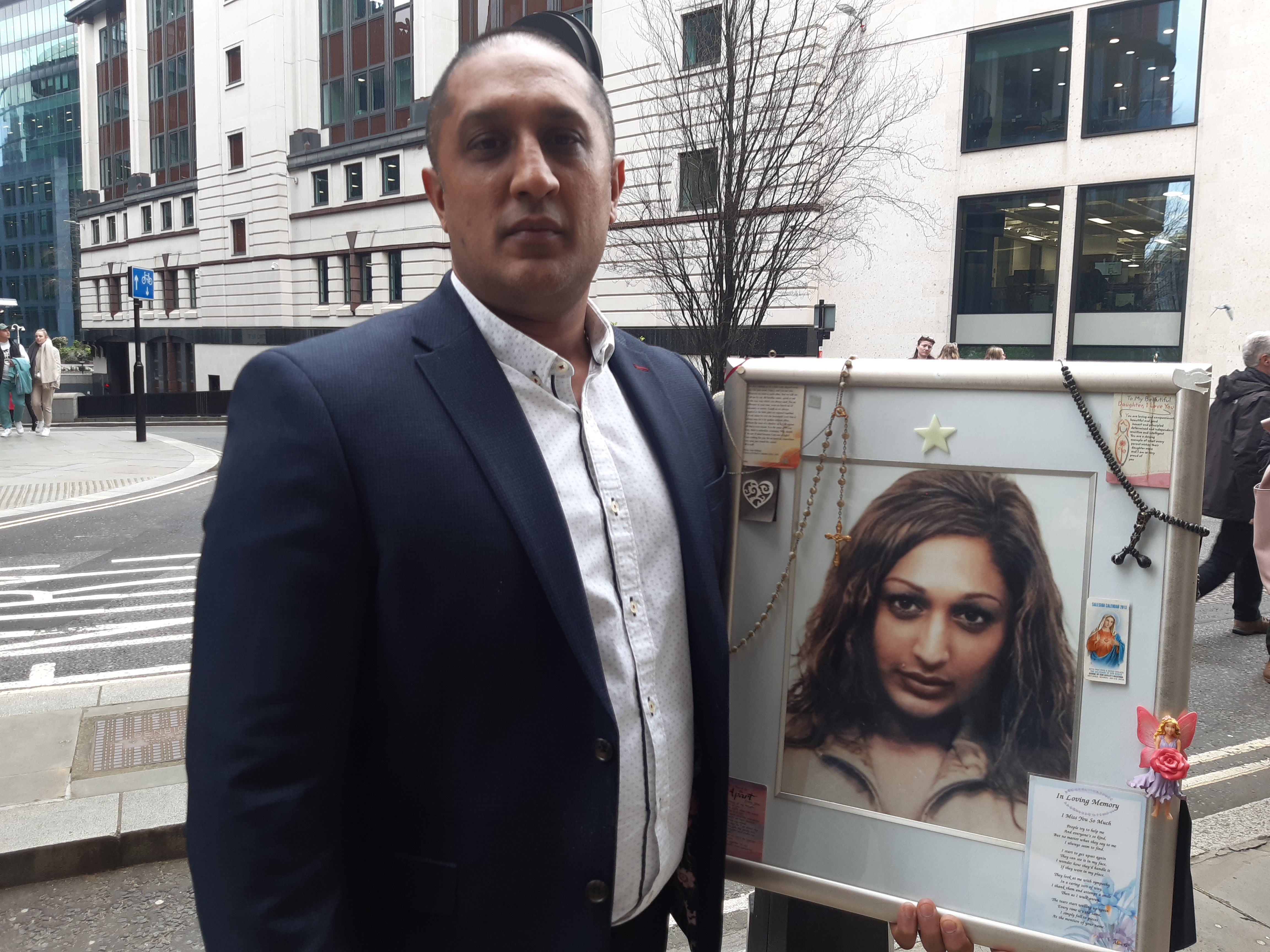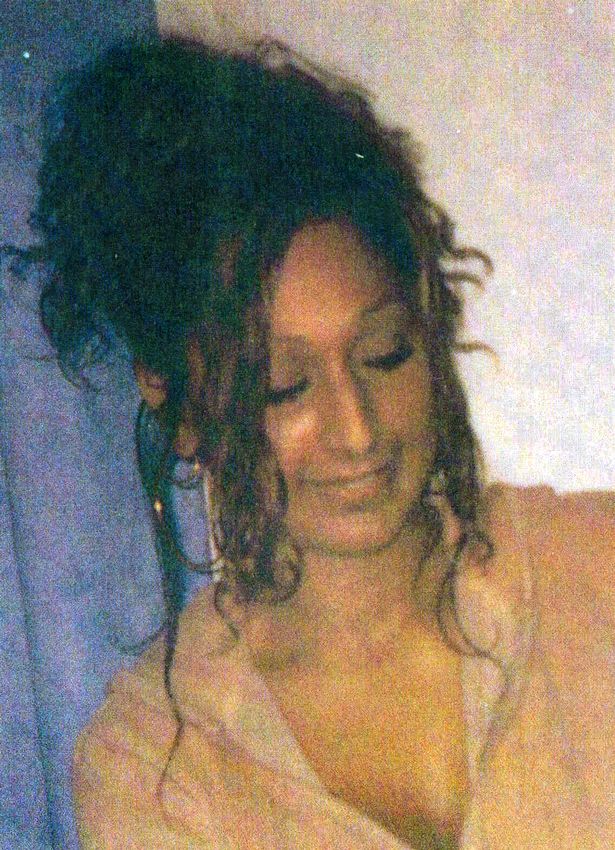By James Simons-
A verdict has been reached in the long-standing case surrounding the tragic death of Sabina Rizvi, who was fatally shot outside Bexleyheath police station in 2003, after being caught up in the middle of a drug rivalry.
Following years of legal proceedings and an exhaustive inquest, a jury determined that Rizvi was unlawfully killed, but police officers were not implicated in the incident.
The family of the victim had originally blamed police for setting up the fatal attack, but a man already convicted for the murder suggested otherwise.
It now appears that a fake report about a stolen car may have led to the victim having to attend the police station, whilst the attackers somehow caught wind of this.
However, the family of Rizvi are not convinced.
Sabina Rizvi, aged 25 at the time of her death, was gunned down in the early hours of March 20, 2003, as she departed from Bexleyheath police station in south-east London.
Paul Asbury, then 22, was convicted of her murder and the attempted murder of her boyfriend, Mark Williams, who was present in the same vehicle.
The recent inquest at the Old Bailey delved into whether officers at Bexleyheath police station were involved in the events leading to Rizvi’s death.
Despite the family’s belief that there was more to investigate, the jury’s conclusion revealed no evidence implicating the police in the tragic incident.
Mr Williams was shot twice in the head – surviving but with significant brain injuries affecting his memory.
Lee Catling, a former detective chief inspector who led the investigation into Asbury and two unknown gunmen, told the hearing he did not see any evidence that officers had assisted the suspects or that the police had let slip to Asbury the whereabouts of Mr Williams while he was at the station.
In March 2003, Ms Rizvi bought an Audi TT with £15,000 given by her mother and went to the police to check it was not stolen.
She went with Mr Williams to Peckham police station on March 13 and was told the vehicle was not listed as stolen.
Later the same day, Asbury phoned Bexleyheath police station and said his Audi had been carjacked.
On March 16 2003, he called then detective sergeant Robert Florio, who was in charge of the carjacking investigation, and said the girlfriend of someone called “Bucky” – a nickname for Mr Williams – had his car, jurors were told.
Mr Florio asked Ms Rizvi to come to Bexleyheath police station on March 19 with the documents for the Audi, the inquest heard.
She told police she had paid Asbury for the Audi and agreed to a search of the vehicle. She called Mr Williams and he drove the car to the police station, arriving at about 10.25pm.
Police arrested Mr Williams after he arrived as he matched the description Asbury had given of one of the car thieves.
Mr Williams was wearing a bullet-proof vest when he was arrested and told police this was because he “moved in certain circles” in south London.
Officers later realised from its markings that it was a Metropolitan Police vest.
Interviewed by police in the early hours of March 20, Mr Williams denied having anything to do with the carjacking and said he was wearing the vest because he was a friend of someone who was wanted for murder and was “afraid of reprisals from associates of the murder victim”.
Addressing the court, the jury forewoman outlined the circumstances of Rizvi’s death, stating that she was shot by unidentified assailants shortly after leaving the police station.
However, the inquest primarily focused on Paul Asbury’s role and did not find any link between the police and the events that transpired.
 Portrait of Sabina Rizvi held by her brother Zshan Rizvi outside the Old Bailey (Helen William/PA
Portrait of Sabina Rizvi held by her brother Zshan Rizvi outside the Old Bailey (Helen William/PA
Assistant coroner Angela Rafferty KC, while summing up the case to the jury, acknowledged the enduring pain of Rizvi’s family, stating, “Sabina’s family have fought for many years to have this inquest – their grief is still palpable. There may never be closure for them.”
During the proceedings, former detective chief inspector Lee Catling, who led the investigation into Asbury and the two unknown gunmen, testified that there was no evidence suggesting police collusion or negligence that facilitated the shooting.
Asbury, admitting responsibility for Rizvi’s murder during the inquest, declined to name the individuals who carried out the shooting. He described Rizvi as an unintended victim caught in the crossfire of a targeted attack on Mark Williams, a criminal rival.
The sequence of events leading to the tragedy unfolded with Rizvi’s visit to the police station to verify the legitimacy of a car she had purchased.
Despite efforts by Asbury to implicate Williams in a carjacking, the inquest found no evidence linking Williams or Rizvi to any criminal activity.
After years of legal proceedings and delays, including the disruption caused by the COVID-19 pandemic, the conclusion of the inquest provides some resolution to the grieving family.
However, the pain of their loss remains profound, as articulated by Rizvi’s mother, Iffat Rizvi, who expressed, “Nothing will ever mend our broken hearts at the loss of our much-loved daughter and sister.”
The conclusion of the inquest marks a significant milestone in the pursuit of justice for Sabina Rizvi.
While the circumstances of her death remain tragic, the verdict brings clarity to the events of that fateful night.




